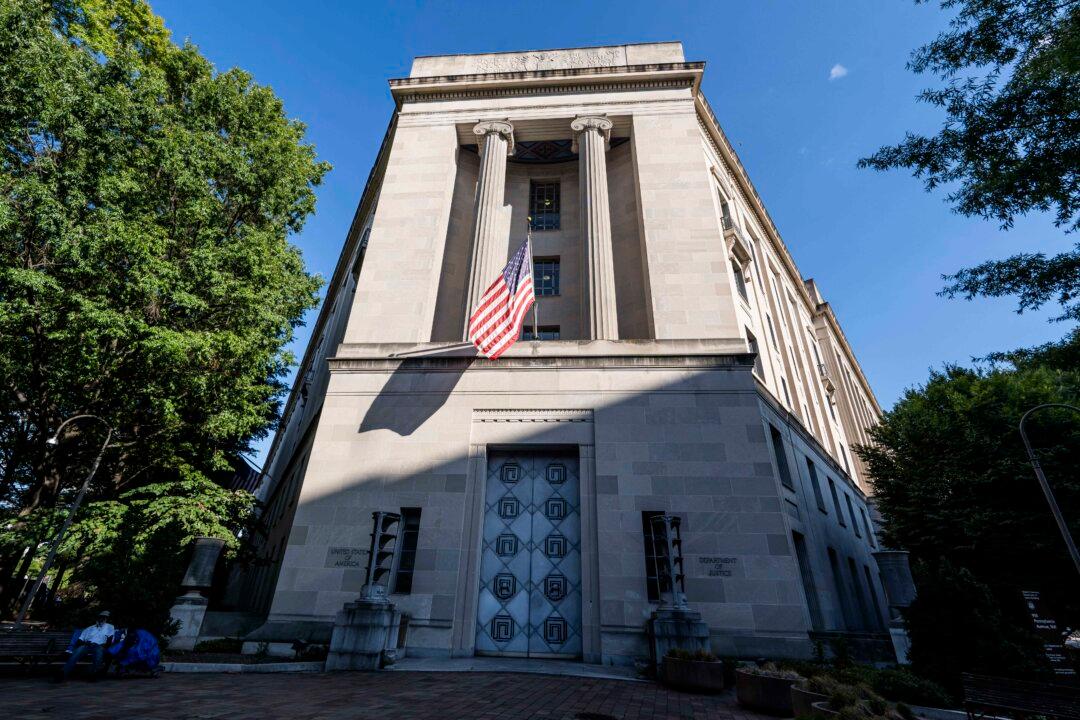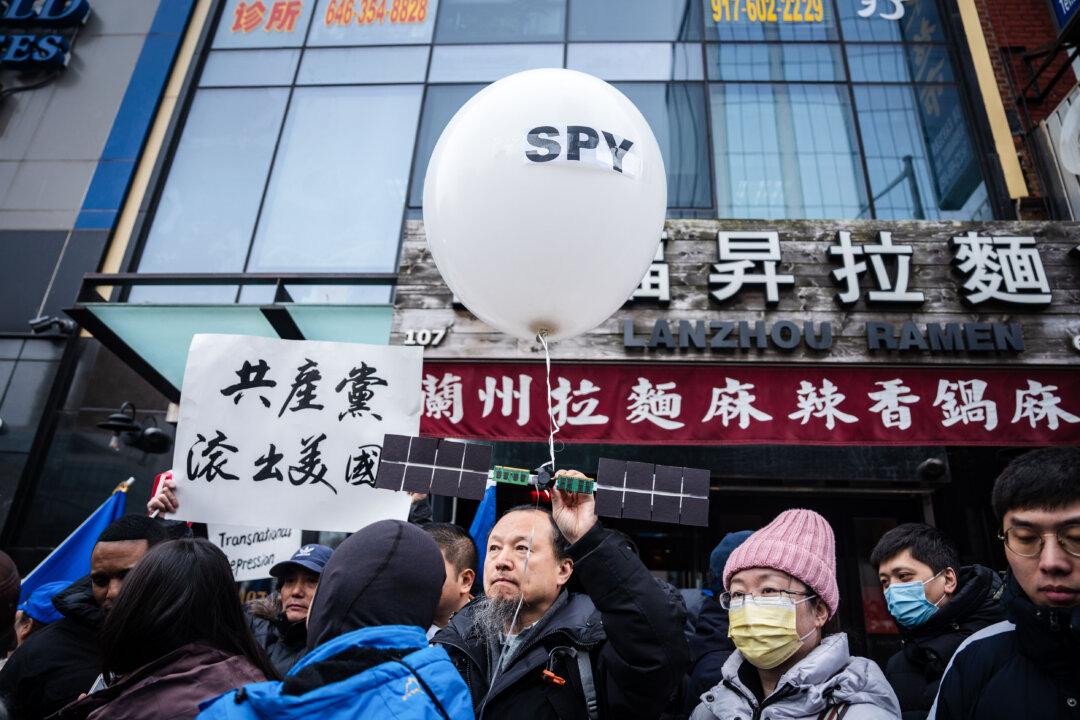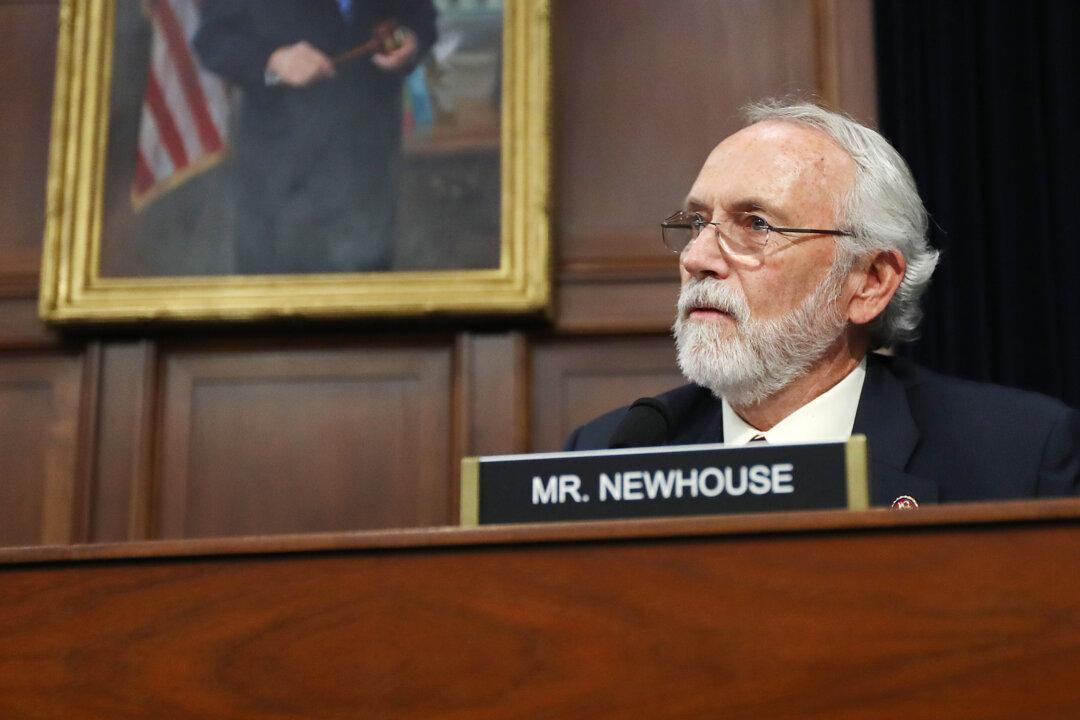The first primary Democratic debate saw 10 presidential contenders clashing over policy positions, but on one issue several candidates were in agreement—that China is the biggest strategic threat to the United States.
The theme surfaced during the first primary debate hosted by NBC in Miami, Florida, featuring 10 out of the 20 Democratic candidates. When the NBC moderator asked the question of what was America’s greatest geopolitical threat, four candidates named China.

“The biggest geopolitical challenge is China, but the biggest geopolitical threat remains nuclear weapons,” former Maryland Rep. John Delaney said.
Minnesota Sen. Amy Klobuchar said that she saw two threats: “Economic threat: China, but our major threat is what’s going on in the Middle East with Iran.”
Former Housing and Urban Development Secretary Julian Castro answered that it was “China and climate change” without elaborating.
“China without a question,” Ohio Rep. Tim Ryan said. “They are wiping us around the world economically.”
The candidates’ focus on China amidst ongoing China-U.S. trade tensions echoes previous statements from current and former U.S. officials, highlighting a bipartisan concern over the threat posed by the world’s second largest economy.
In a conference in Seoul in May, former U.S. ambassador to the United Nations Nikki Haley described China as an “an Orwellian surveillance state” and America’s “foremost national security concern”.
“China is growing economically without democratizing. On the contrary, its government is thoroughly ideological and increasingly repressive,” Haley said.
U.S. Secretary of State Michael Pompeo has repeatedly warned of the security threats arising from the regime’s military build-up, aggressive actions in the South China Sea, and theft of U.S. intellectual property including military technology.
The remarks come as President Donald Trump and Chinese Leader Xi Jinping are set to meet at the G-20 Summit in Japan on June 29, their first meeting since trade talks stalled in May.
The Trump administration has taken a tough stance on China’s unfair trade practices including theft of U.S. intellectual property, forced technology transfers, and subsidies to domestic producers. These concerns lie at the heart of the U.S.-China trade dispute which has persisted for more than a year.
Trump in early May raised tariffs to 25 percent from 10 percent on $200 billion of Chinese imports. He has further threatened to levy tariffs on another $325 billion worth of Chinese products, which would cover virtually all of the remaining Chinese imports to the U.S., including phones, computers, and clothing.
Whether these tariffs would go ahead, will depend on the results of the upcoming meeting between Trump and Xi, the president has said.
On top of the trade war, the U.S. administration has effectively banned Chinese telecom giant Huawei from doing business with American supplies on national security grounds.





